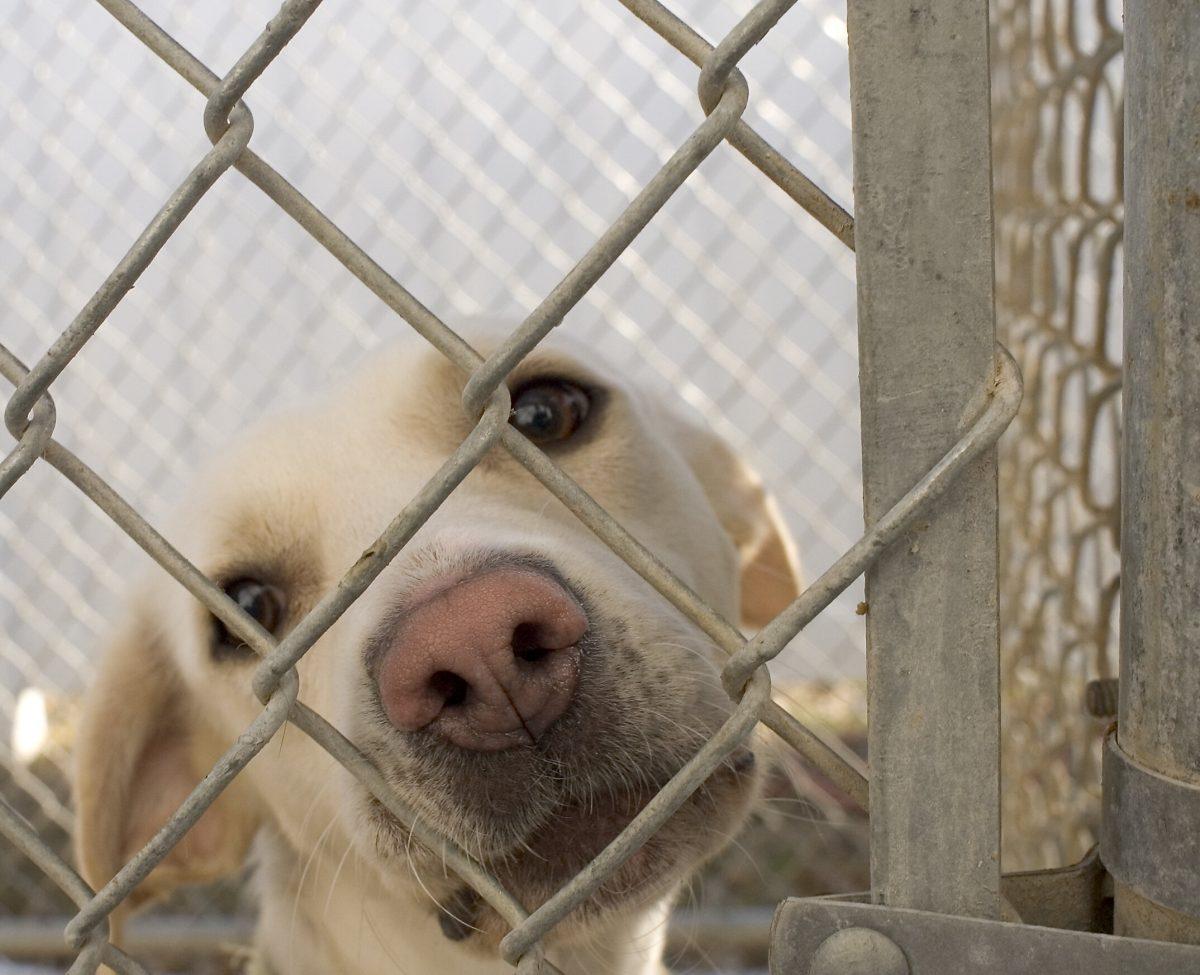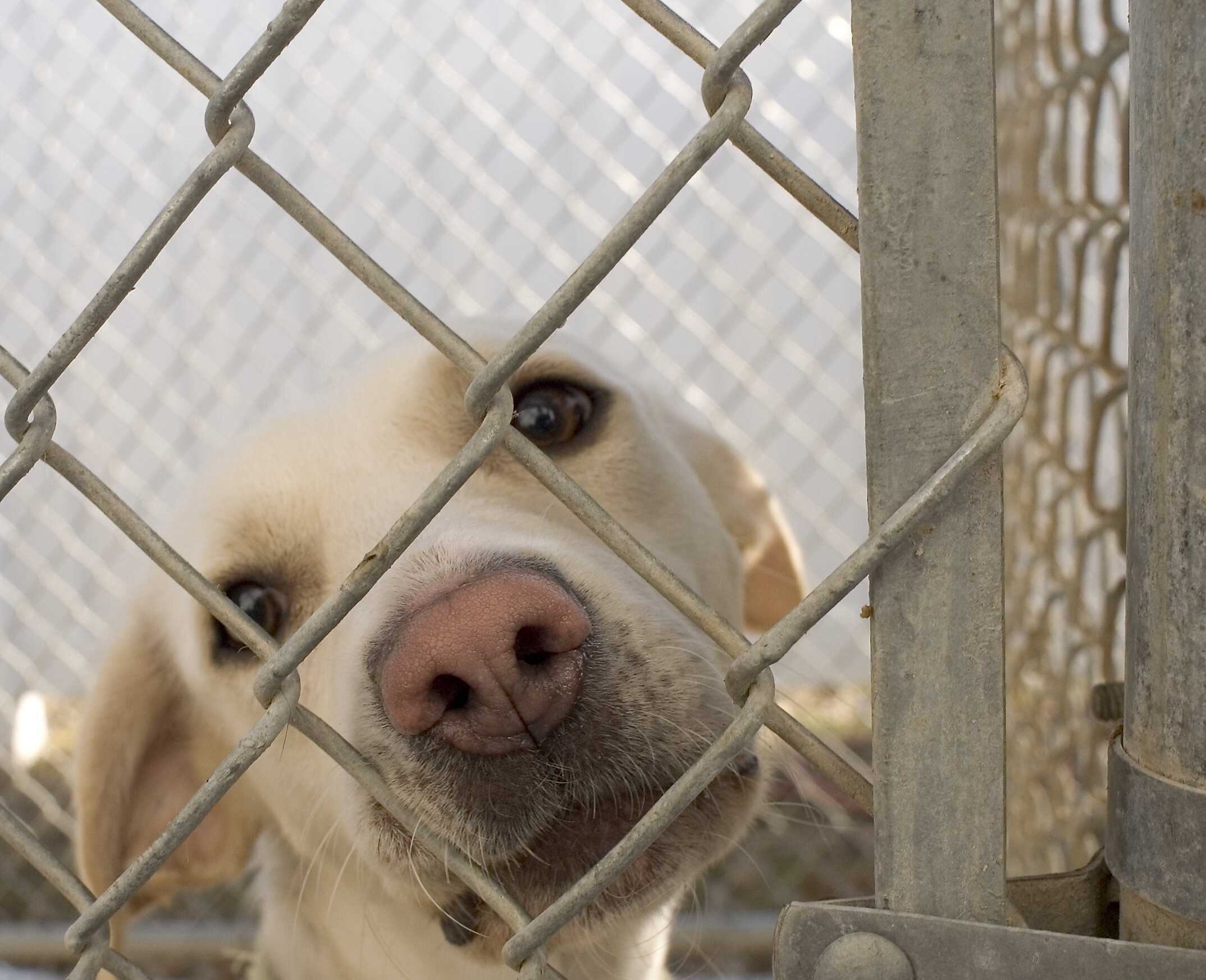With stay-at-home orders placed across the United States to stop the spread of Coronavirus, there has been demand for pet companionship within households. This became increasingly popular when residents realized the reality of staying indoors all day and the boredom that they could face. Riverside County Animal Services said, “The COVID-19 pandemic has resulted in a spike in pet adoptions. In New York City and Los Angeles, the American Society for the Prevention of Cruelty to Animals (ASPCA) said applications to foster dogs and cats are up 200 percent.”
COURTESY // NHANDLER
Different protocols are being put in place to follow the regulations for adoptions. According to Maria Puente from USA Today, “Appointment-only and call-ahead adoptions, drive-up fostering and curbside adoptions, online training and at-home volunteer projects (such as making pet toys) are some of the solutions being used nationwide to help care for vulnerable animals during the pandemic.”
Although this is a fantastic thing to rejoice over, there are some risks and consequences of people adopting animals under the pandemics’ conditions. Thankfully, Matt Bershadker, president and CEO of the national ASPCA, the American Society for the Prevention of Cruelty to Animals, stated, “I just confirmed with a random sampling of shelter leaders that they are not seeing an uptick in animal intakes at shelters in their communities.” Though Jim Tedford, president, and CEO of the Association for Animal Welfare Advancement, also said, “We don’t know what will happen as the numbers of sick and deceased increases, nor do we know what impact the financial stresses might have.”
In fear of people not ready for having this level of commitment, some shelters have agreed to do short term foster families where they can bond with a family at home and slow the spread of COVID-19. While there is always the possibility that people return animals, most will find loving forever homes.
With the boom of fosters and adoptions going up around the United States, it is having a massive effect on millions of families, animals, and shelters. The Humane Society of Greater Rochester in New York state said, “it was waiving adoption fees on Friday, March 13. The next day, about 50 pets were adopted, and 20 more went out for short-term foster care. A typical “good” Saturday this time of year would normally see around 20 animals find new homes.” Katy Hansen from the Animal Care Centers of NYC spoke on how they received over 5,000 applicants to foster animals since March 13, and currently have 300 in homes already.
The Humane Society of the United States writes on their website that they have in fact launched a COVID-19 Relief Fund, to support animal shelters, rescue groups and other organizations that are responding to the economic impacts of the virus, with the goal of keeping people and their pets together during this crisis. Contributions to the fund are being used, “to provide veterinary care, pet food, horse feed and animal care supplies, as well as other costs related to caring for animals during the outbreak.”
Suppose one cannot adopt or foster an animal. In that case, there is no need to feel shame or guilt, because one can help in other ways such as cash donations to a local shelter, offer bedding or food supplies, or ship them items from an online shop if they are practicing social distancing. To find out more about how one can help an animal in need, head over to the Humane Society of the United States website.where one can find an adundance of knwoledge regarding the issue at hand.




































